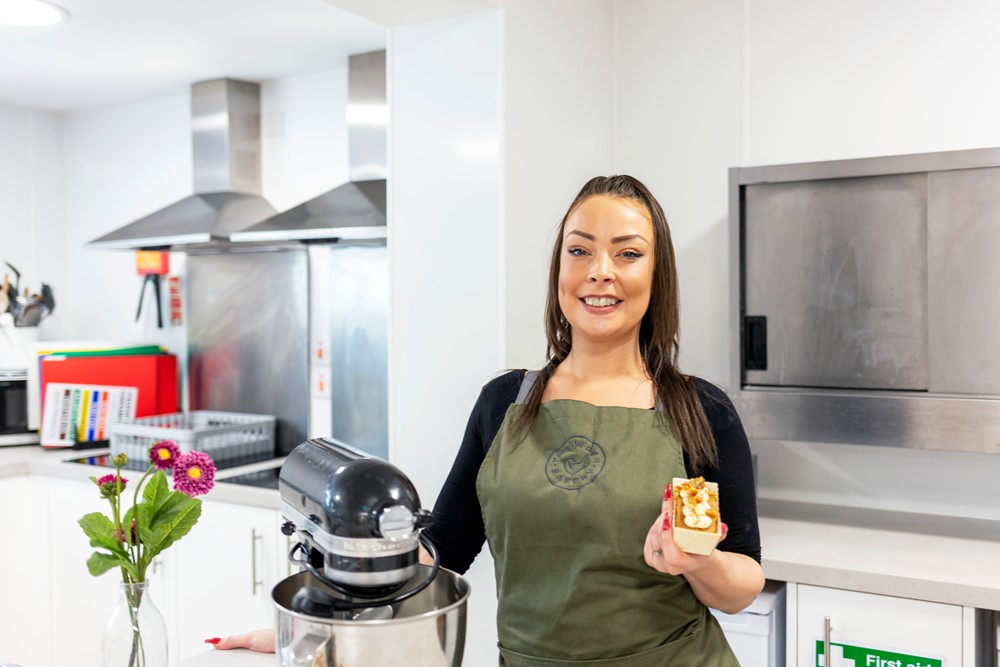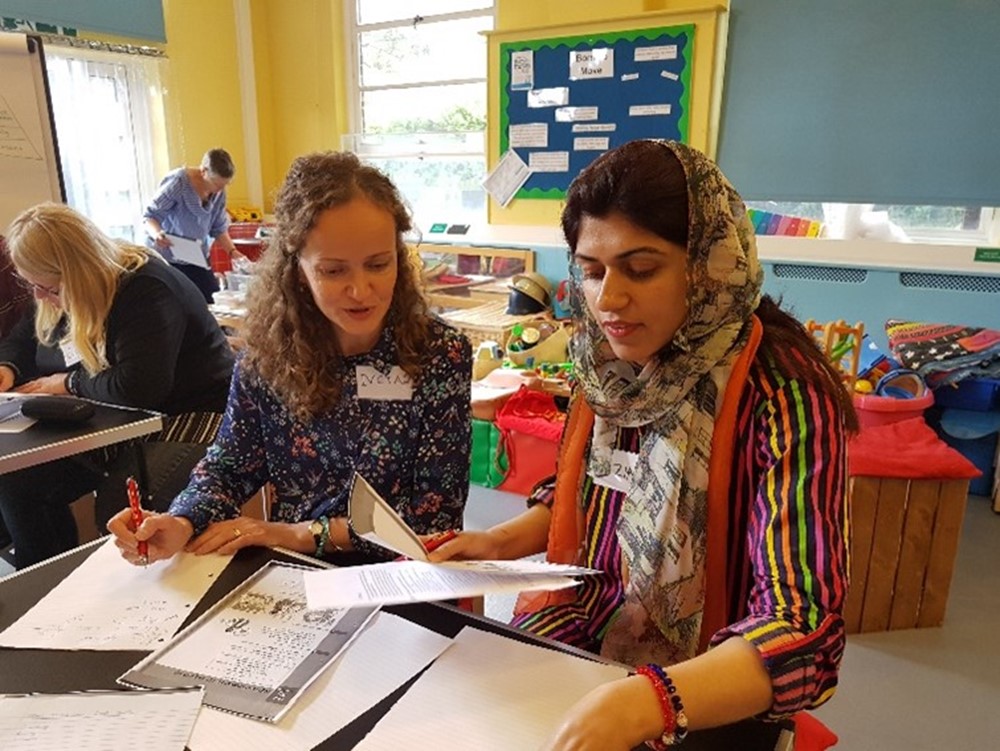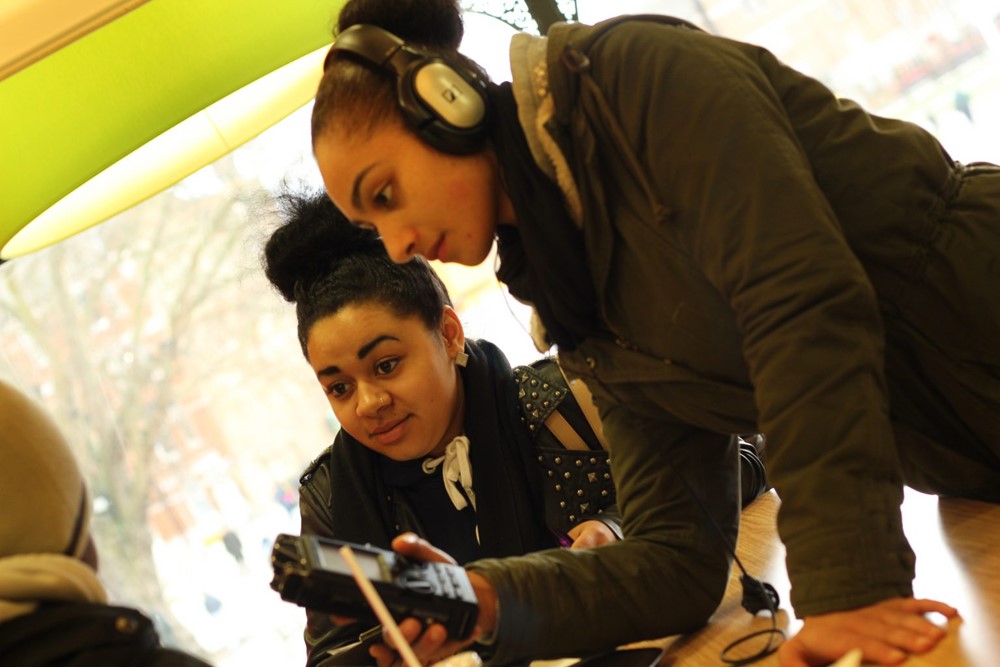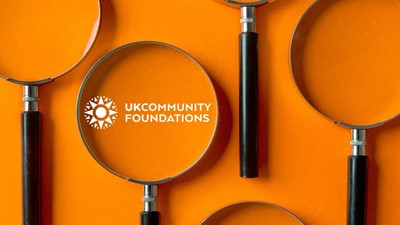We take a look at the challenges women have faced during the past year, how community foundations have supported charities tackling these issues, and how to challenge inequalities going forwards.
A wave of challenges
Coronavirus sent a shockwave through society and compounded pre-existing issues like food poverty, digital exclusion, and poor mental health. Everyone has felt the impact of the pandemic, but it is women who have been the worst affected by the various regional and national lockdowns we’ve seen in the UK.
When lockdown was announced nearly one year ago, thousands of local charities and community organisations were able to adapt their services to meet the need.
This International Women’s Day we will look at some of the incredible examples of the work that has been going on in communities to support women and girls and hear from some of our network’s CEOs on what the charity sector can do to tackle gender inequality.
Jumping into action
Our network of 46 community foundations worked quickly to get emergency funding to the organisations best placed to help women who were most in need of support.
Support was adapted for women and girls suffering from domestic abuse and who were at risk from exploitation behind closed door:
The Heart of England Community Foundation’s ‘Doing Things Differently Fund’ enables vital support to reach young women, girls and their families across the West Midlands. The Precious Trust was awarded £17,876 from the fund to continue supporting victims of exploitation by keeping them safe, rebuilding their lives and providing a more positive future.
COVID happened and we thought we needed this more than ever. On top of the violence, these women were now at home, alone.
Jessica Pritchard, Project Manager at The Precious Trust
With support from Leeds Community Foundation, the Wren Bakery was able to help women with multiple and complex needs, to learn new skills in a supportive environment. Their mobile was able to remain open for take-aways during lockdown.

A £9,000 grant from the ‘Community Safety Fund’, managed by County Durham Community Foundation, meant support from the Rape and Sexual Abuse Counselling Centre could continue throughout 2021, despite the pandemic. Challenges were still evident, though.
These groups are often supporting some of the most vulnerable survivors. Though we have kept in touch with the women who use our services, the pandemic and the withdrawal of other services has been very hard on them.
Isabel Owens, Deputy CEO of Rape and Sexual Abuse Counselling Centre
Local charities provided services for women in the community who were digitally excluded, due to either financial constraints or language barriers:
In December 2020, Beyond The Page was awarded £5,000 from Kent Community Foundation’s Women’s Fund. The organisation, which supports women with language barriers and cultural differences, was able to develop and extend its chatrooms project to teach digital skills and improve confidence for those with limited or no digital literacy.
This financial support allowed us to adapt to the constraints of the pandemic and ensure we could maintain important contact between our volunteers and the disadvantaged women that we support.
Dr Sheila Macdonald, Executive Director of Beyond The Page

English for Women, a beneficiary organisation of Essex Community Foundation, was able to move its free drop-in English language sessions, run entirely by volunteers, online. Its classes suit all abilities, including a beginner group for those who speak very little to no English.
As lockdown measures took their toll and challenges increased, local organisations were there to support women and girls with mental health and practical guidance:
WHISC, an organisation supported by the Community Foundation for Merseyside, has been working hard to improve the health and wellbeing of women and their families by offering information, support and guidance services.
The Gifted Organisation received a grant from Essex Community Foundation in February 2021 to provide online sessions for vulnerable or disadvantaged women and girls in the region, offering confidence-building and life and work skills.
It is so important as it gives a connection for young women and girls to learn skills that they can go on to use in real life.
Tori Pearson, The Gifted Organisation

Just for Women runs therapeutic workshops and counselling for women facing domestic abuse, poor mental health or financial worries, and were recently granted £4000 by County Durham Community Foundation. The organisation has sent out 3,200 hampers to people in care homes and have delivered craft and care packs to families in the local area.
The Foundation have been brilliant. We would not be here if it weren’t for them. Everything we have wanted to do, they have supported.
Linda Kirk, Founder of Just for Women
Choosing to challenge
Women in leadership have used their positions to highlight the support needed for vulnerable women and girls in their local communities. Our network is fortunate to have many female CEOs who are working hard to tackle these issues of gender inequality:
Women are leading in all kinds of ways, often without respite or recognition – and I see it as a key part of my job to highlight that invaluable contribution and shine a light on their generous authentic leadership.
Kate Hainsworth, CEO of Leeds Community Foundation
However, these are not new problems, and while many incredible individuals and organisations have challenged key problems, much more needs to be done. But how?
We would like to see the sector actively encourage more women to be involved within charities. Whether that is through volunteering on projects or being board members, but also as employees, with provision for mentoring, support and training, to increase the opportunities for women to progress through organisations.
Fiona Oliver and Vicky Hickey, joint CEOs of Wiltshire Community Foundation
Our CEO, Rosemary Macdonald, feels hopeful that the charity sector is a strong platform to challenge gender inequality:
The charity sector is closely connected to its communities, always learning and adapting to meet the needs of the public. The pandemic has proved how quickly changes can be made, and this can serve as a lesson to us all when it comes to tackling gender inequality.
Rosemary Macdonald, CEO of UK Community Foundations
Until women and girls can feel safe and get equal access to education and employment, the need for the vital work that local charities do will remain, and we will continue supporting them.
Discover more

New funding from Anchor Butter to strengthen community connections
March 18 2025
Community foundations perform strongly in annual Foundation Practice Rating
March 14 2025
UKCF welcomes the Government's Digital Inclusion Action Plan
February 26 2025
Community foundations awarded 5 star rating
February 24 2025UK Community Foundations is a registered charity in England and Wales. Registered company in England and Wales . Registered address: UK Community Foundations, Northgate Business Centre, 38-40 Northgate, Newark, NG24 1EZ. Registered company no. 2651777 | Registered charity no. 1004630. Copyright © 2021 All rights reserved.

